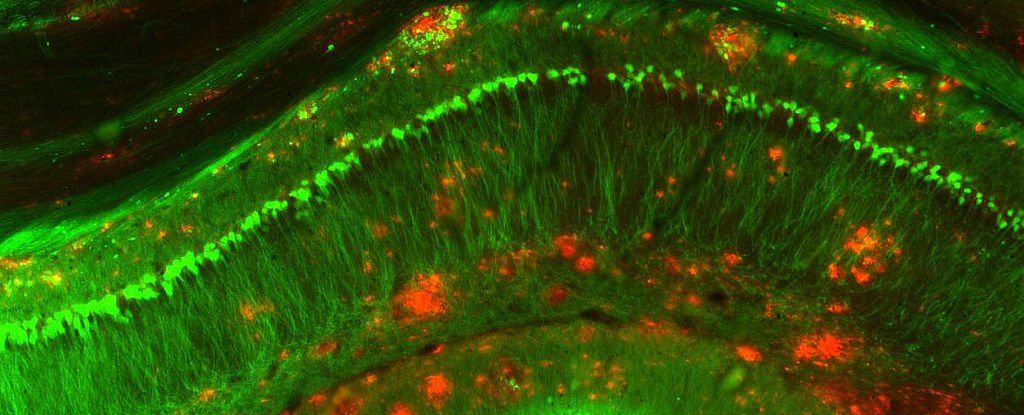“IL-33 is a protein produced by various cell types in the body and is particularly abundant in the central nervous system (brain and spinal cord),” says lead researcher, Eddy Liew from the University of Glasgow in the UK. “We found that injection of IL-33 into aged APP/PS1 mice rapidly improved their memory and cognitive function to that of the age-matched normal mice within a week.”
Before we go any further, we should make it clear that these results are restricted to mice only, and at this stage, we have no idea if they will translate at all in humans with Alzheimer’s.
And the odds aren’t great — one study put successful translation of positive results in mice to humans at a rate of about 8 percent, so we can never get too excited until we see how things fare in human trials.









Comments are closed.